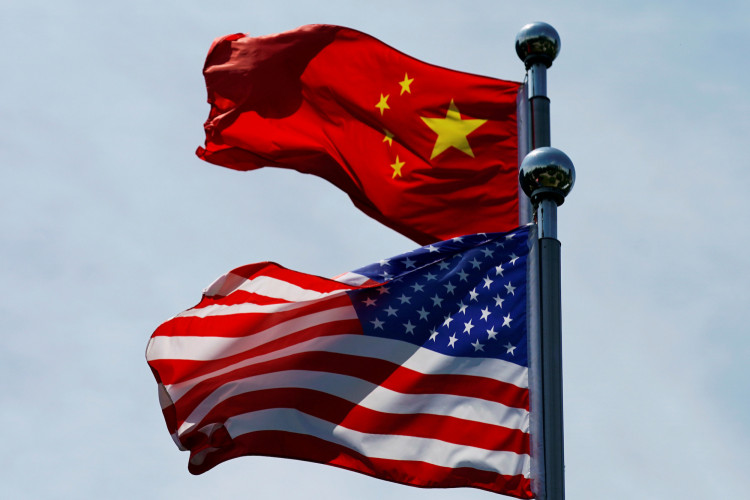In a call for immediate and stringent measures, a recent report by the U.S. House of Representatives emphasizes the urgent need for the United States to curb the flow of sensitive technology to China.
The report, spearheaded by the House Foreign Affairs Committee, highlights a critical loophole in current enforcement that allows sophisticated U.S. technology, potentially beneficial to the Chinese military, to reach Beijing.
The Biden administration has initiated steps to impede the transfer of advanced U.S. technology to China, but the House Committee argues for a more rigorous approach. The committee's recommendations include denying licenses for all exports to China that are restricted for national security concerns, currently granted on a case-by-case basis.
The report also suggests barring companies on the Commerce Department's Entity List from using cloud services and recommends that the entire corporate structure of such entities be included, not just specific affiliates.
The House report underscores the need for reform in the Commerce Department's Bureau of Industry and Security, which oversees export controls. The committee points out a disparity in the bureau's approach, citing instances where firms like Chinese artificial intelligence company SenseTime managed to circumvent restrictions through other subsidiaries. This discrepancy calls for a radical overhaul of the bureau's outdated post-Cold War, free trade mentality, according to the report.
The issue of technology transfer to China garners bipartisan concern, with both the Biden and Trump administrations recognizing the need for restrictions. This concern is mirrored in the recent measures spearheaded by White House national security adviser Jake Sullivan to limit China's access to advanced semiconductor chips. However, despite these efforts, the BIS has not yet adopted a stringent approach to regulate technology exports, leading to China's continued access to sensitive American technology.
The congressional review brings to light the BIS's lax implementation of export restrictions, which allows China to acquire microchips and other high-value technology, thereby bolstering its military capabilities. The report criticizes the BIS for its narrow definition of 'military end-user' and suggests that a large percentage of controlled items are exported to China without a license.
The House report argues for the use of export controls as a preemptive tool to safeguard against seemingly benign technology transfers that may pose a threat to national and economic security in the future. The recommendations seek to redirect the development and production of emerging technologies away from China, highlighting a diminishing window of opportunity to influence China's technological and military development.
This call for tighter export controls comes at a crucial time as China emerges as a formidable military power capable of challenging the U.S. The report underscores the need for the U.S. to have maintained a robust national security-focused position on China post-Cold War, suggesting that such an approach could have significantly influenced China's military and surveillance state development.






